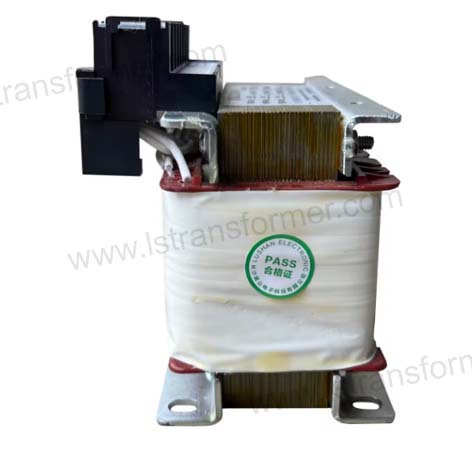Causes of Transformer Heating: A Detailed Explanation
Causes of Transformer Heating: A Detailed Explanation
There are several reasons why transformers experience heating. Let's explore them in detail:
1. Iron Loss: Within the transformer's core, there are periodic changes in magnetic flux, resulting in iron losses. These losses include hysteresis and eddy current losses, which cause the core to heat up.
2. Copper Loss: When current flows through the transformer's coils, resistance within the coils leads to copper losses, known as stray losses. These losses contribute to coil heating.
3. Dielectric Loss: Insulating materials such as insulation paper and varnish within the transformer experience dielectric losses due to the presence of an electric field. This type of loss also contributes to transformer heating.
4. Poor Cooling: Inadequate cooling systems, such as ineffective heat dissipation or restricted coolant flow, can lead to increased transformer heating.
5. Overloading: Operating the transformer beyond its rated load results in excessive current flowing through the coils, causing an increase in heat generation.
6. Ambient Temperature: The ambient temperature surrounding the transformer can affect its heating. Higher temperatures reduce the effectiveness of heat dissipation, leading to elevated transformer temperatures.
To address transformer heating issues, the following measures can be taken:
- Optimize Design: Select appropriate materials, structure, and cooling systems that minimize losses and enhance heat dissipation.
- Proper Operation and Maintenance: Ensure the transformer operates within normal parameters and regularly inspect and maintain the cooling system, including cleaning insulation materials.
- Manage Load: Avoid overloading the transformer, ensuring proper load adaptation to prevent overheating due to excessive loads.
- Control Ambient Temperature: Provide adequate ventilation and cooling conditions to maintain a reasonable ambient temperature around the transformer.
In summary, transformer heating is influenced by multiple factors that require careful consideration and solutions to ensure safe and efficient transformer operation.
Please note that the translation has been done to the best of my ability while maintaining the accuracy and professionalism of the content.
LuShan, est. 1975, is a Chinese professional manufacturer specializing in power transformers and reactors for 48 years. Leading products are single-phase transformer, three-phase transformers, DC inductors, AC reactors, filtering reactor, expoxy resin high-voltage transformer and intermediate, high-frequency products. Our transformers and reactors are widely used in 10 application areas: rapid transit, construction machinery, renewable energy, intelligent manufacturing, medical equipment, coal mine explosion prevention , excitation system, vacuum sintering, central air conditioning.
Know more about power transformer :https://www.lstransformer.com/Transformers

 EN
EN
 FR
FR DE
DE ES
ES

